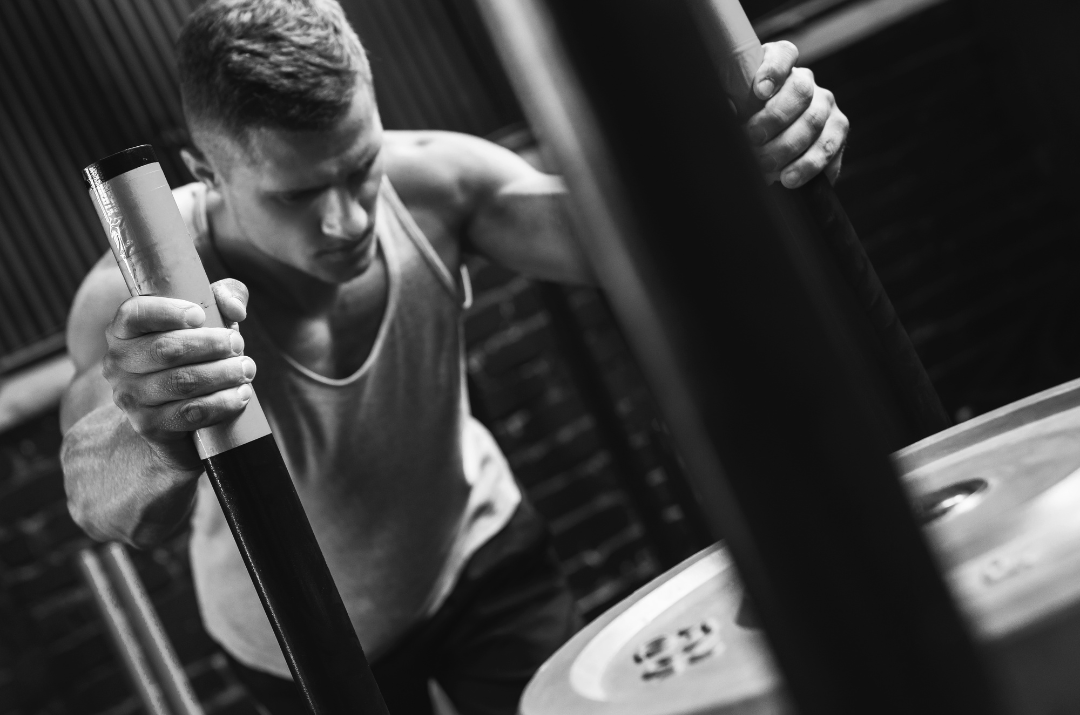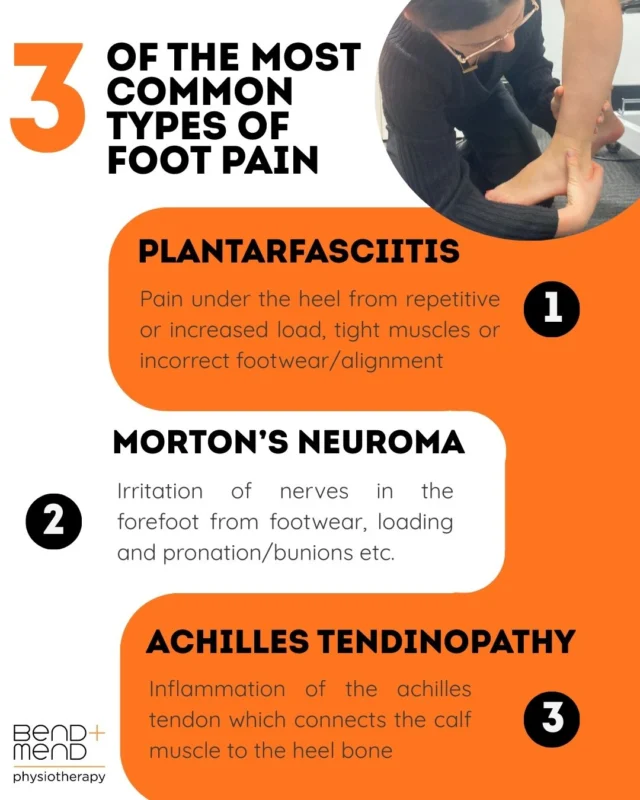Magnetic Resonance Imaging (MRI) is widely used in the medical world today to diagnose structural pathologies in many areas of the body. In the shoulder, it involves high-resolution imaging of structures to identify abnormalities in tendons, ligaments, labrum, capsule, or bone. Although MRI is highly sensitive and have good diagnostic accuracy, it is by no means a perfect scan. The reason being, abnormal findings on MRI scans do not always correlate with symptoms in real life; meaning that many of the reported pathoanatomic structures in a scan are coincidental, and may not be associated with a person’s shoulder pain.
A recent study of 123 participants, aged between 18 to 77, with one painful shoulder had both their shoulders scanned through an MRI. The results may be surprising: many pathologies that are often found in symptomatic shoulders are just as prevalent in the asymptomatic shoulder, confirming the poor association between MRI results and one’s symptoms.
Conditions of particular interest:
- Rotator cuff tendinopathy: 92% in the painful shoulder, 88% in pain-free shoulder.
- Acromioclavicular joint degeneration: 91% in the painful shoulder, 89% in the pain-free shoulder.
- Subacromial bursitis: 54% in the painful shoulder, 56% in the pain-free shoulder.
- Labral lesions: 44% in the painful shoulder, 41% in the pain-free shoulder.
- Partial thickness rotator cuff tears: 26% in the painful shoulder, 20% in the pain-free shoulder.
- Full thickness rotator cuff tears: 6% in the painful shoulder, 1% in the pain-free shoulder.
- Gleno-humeral joint arthritis: 1.5% in the painful shoulder, 1% in the pain-free shoulder.
Of course, there are many incidences where your symptoms will correspond almost exactly to your MRI scan. However, the take home message here is that more often than not, MRI cannot inform us with absolute certainty what is causing your pain, and we should not always rely on these scans to tell us what is wrong. Pain is so much more than that, and you are so much more than your scan!
If you have shoulder pain and would like to discuss whether you need further investigations, contact one of our amazing physios at Bend + Mend in Sydney’s CBD!
Reference:





